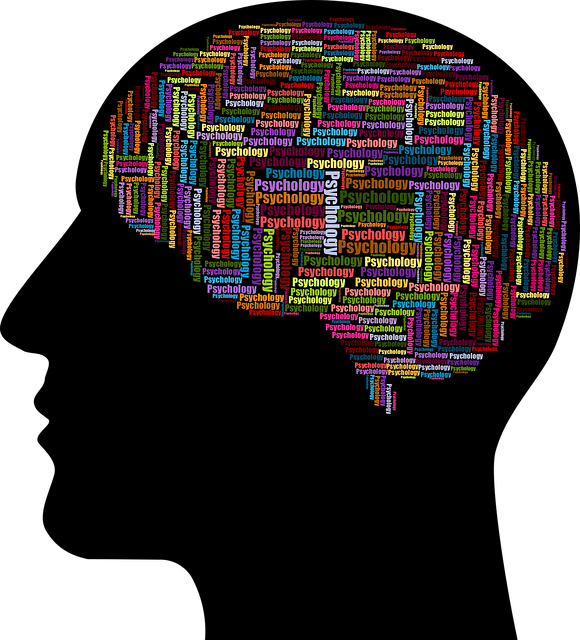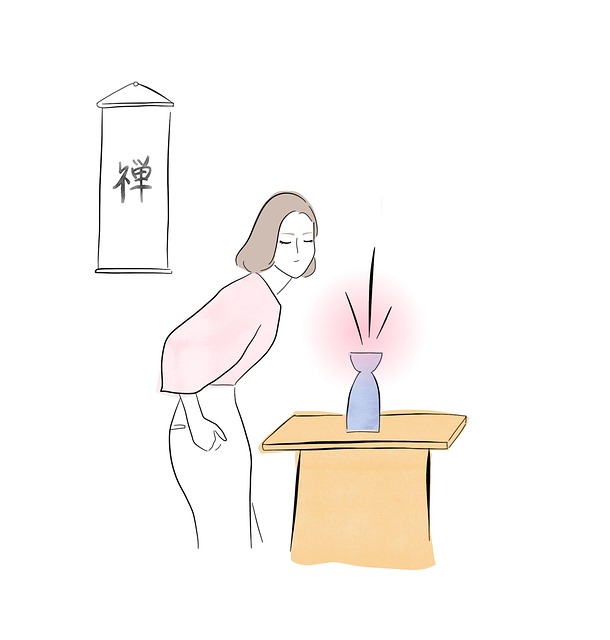Mental wellness apps are gaining popularity as a go-to resource for managing modern lifestyle stresses, offering accessible therapy options and focusing on self-awareness and burnout prevention. To stand out in a competitive market, developers must incorporate engaging features like personalized goal-setting, mood journaling, and virtual coaching. Integrating Westminster Independent Medical Evaluations (WIME) Therapy enhances these apps' effectiveness by providing reliable mental health assessments and tailored Anxiety Relief strategies, fostering trust among users. Effective marketing includes strategic partnerships with therapists, social media campaigns for stigma reduction, and offering trial periods to gather user feedback.
In today’s digital age, mental wellness apps are transforming lives. This article explores the comprehensive development of such apps, focusing on understanding the evolving needs of users seeking therapy and support. We delve into designing effective features that foster engagement and facilitate therapeutic processes. Additionally, we examine the integration of Westminster Independent Medical Evaluations (WIME) for validated assessments. Through strategic marketing techniques, learn how to promote your mental wellness app successfully, ensuring its impact resonates with users in need of personalized care.
- Understanding Mental Health App Needs in Today's Digital Age
- Designing Effective Features for User Engagement and Therapy Support
- Integrating Westminster Independent Medical Evaluations (WIME) into App Development
- Marketing and Promoting Your Mental Wellness App: Strategies for Success
Understanding Mental Health App Needs in Today's Digital Age

In today’s digital age, mental wellness apps are becoming increasingly essential tools to support individuals’ psychological well-being. With the rise of remote work and virtual communication, many people are facing unique challenges related to stress, anxiety, and burnout. This shift has highlighted a growing need for innovative solutions that cater to modern lifestyles. Apps designed for mental health offer a convenient and accessible way to provide therapy, especially for those who may not have easy access to traditional in-person services, such as individuals in remote areas or with limited mobility.
The demand for digital therapy options is evident, and developers now have the opportunity to create apps that address various aspects of mental wellness. Incorporating features like self-awareness exercises, mindfulness practices, and burnout prevention strategies tailored to healthcare providers can significantly contribute to improving overall emotional intelligence. By leveraging technology, these apps can provide personalized guidance, track progress, and offer a sense of companionship, ultimately fostering better mental health outcomes for users, especially in today’s fast-paced and often stressful world, as supported by Westminster Independent Medical Evaluations Therapy.
Designing Effective Features for User Engagement and Therapy Support

In the realm of mental wellness app development, creating an engaging and therapeutic experience is paramount to user retention and positive outcomes. Effective features should go beyond simple mood tracking or meditation guidance; they must facilitate meaningful interactions and foster emotional regulation. Incorporating interactive tools like personalized goal-setting modules, mood journaling with reflective prompts, and even a Mental Wellness Podcast Series Production can offer diverse therapy support. These elements engage users in active coping strategies, encouraging self-reflection and progress monitoring.
Moreover, integrating features that support confidence boosting is crucial for enhancing user experience. This could manifest as virtual coaching sessions, peer support communities, or gamified challenges designed to promote positive thinking and behavioral changes. By combining these approaches with Westminster Independent Medical Evaluations Therapy, app developers can create comprehensive tools that cater to diverse mental health needs, ensuring users not only engage but also derive lasting therapeutic benefits.
Integrating Westminster Independent Medical Evaluations (WIME) into App Development

Integrating Westminster Independent Medical Evaluations (WIME) into app development is a strategic move that can significantly enhance mental wellness support. These evaluations, known for their rigor and reliability, offer valuable insights into individuals’ mental health conditions. By incorporating WIME into apps designed for therapy or self-care practices, developers can ensure that users receive accurate assessments and personalized recommendations. This integration allows for tailored Anxiety Relief strategies, fostering Mental Health Awareness and promoting effective Self-Care Practices within the app ecosystem.
Furthermore, leveraging WIME’s expertise ensures that digital mental wellness solutions meet established medical standards. Such integration not only bolsters user trust but also provides a foundation for evidence-based interventions. With mental health apps gaining popularity, integrating WIME can set new benchmarks for quality and effectiveness, ensuring users access reliable tools to support their well-being.
Marketing and Promoting Your Mental Wellness App: Strategies for Success

Marketing and promoting a mental wellness app requires a strategic approach to reach and engage users seeking support. One effective strategy is to leverage partnerships with mental health professionals, such as therapists and counselors, who can recommend your app to their clients. Collaborating with organizations focused on Westminster Independent Medical Evaluations and Therapy services can also enhance credibility and visibility. Utilize social media platforms to create awareness campaigns centered around reducing the mental illness stigma. Engage users through informative content, testimonials, and live sessions featuring experts in the field.
Incorporating Conflict Resolution Techniques and Trauma Support Services within your app’s features can attract a specific demographic. Ensure these services are tailored to address various mental health concerns while maintaining user privacy and data security. Consider offering trial periods or free access to gauge interest and gather feedback, which will be invaluable for future promotions and improvements. A well-executed marketing strategy, combined with a user-centric app design, can lead to successful adoption and positive word-of-mouth recommendations.
Mental wellness apps have become essential tools in today’s digital age, offering accessible therapy and support. By understanding user needs, designing engaging features, and integrating reputable medical evaluations like Westminster Independent Medical Evaluations (WIME), developers can create effective solutions. Effective marketing strategies are also crucial for success, ensuring these valuable resources reach those who need them most. With careful consideration and a holistic approach, mental wellness app development can significantly impact global mental health.














